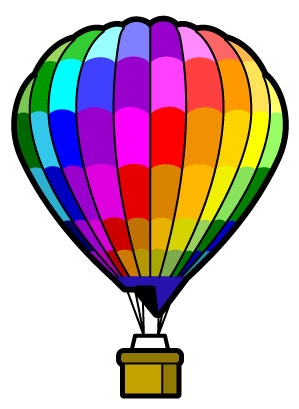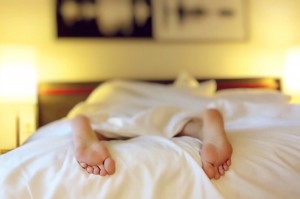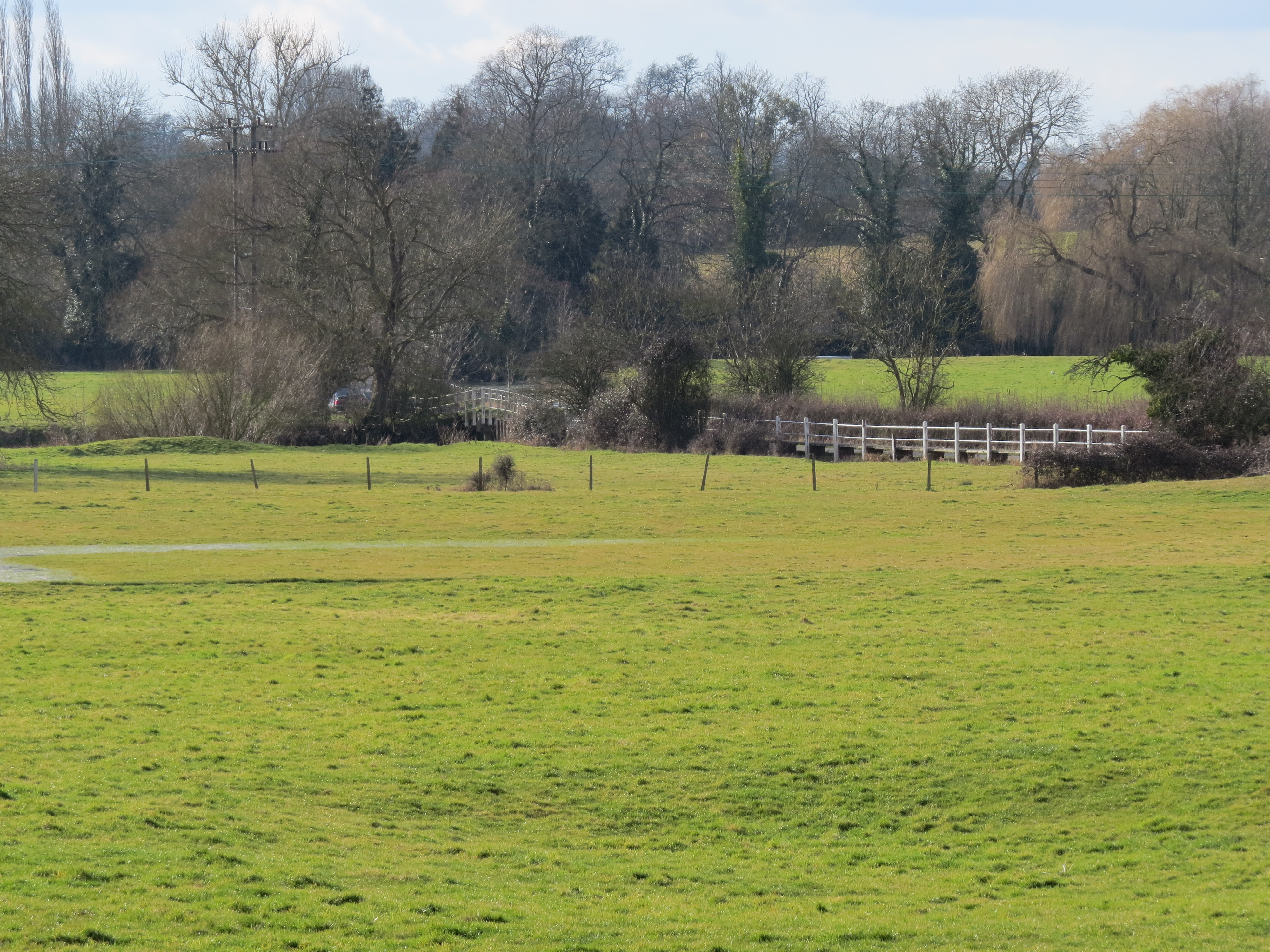Introduction
The British Chiropractic Association (BCA) has recently published some new research*. It suggests that middle age (45 – 54) is the time of life when the quality of your sleep (or lack of it) is most likely to cause back and neck pain.
Nearly two fifths (39%) of those questioned, who have suffered from back or neck pain, thought that sleeping and/or their mattress was the trigger for their aches and pains. More than half (58%) admitted that pain kept them awake and a huge 87% said they sometimes woke up in the morning with back or neck pain.
Why should this happen particularly in middle age? Poor posture, old injuries, the aging process or a worn out mattress can have a cumulative effect on our bodies. These can lead in turn to pain triggered by sleeping.
Top Tips for a good nights sleep
Here are the BCA’s top tips for good cosy sleep:
Update your mattress: Chiropractors recommend buying a new mattress at least every 10 years. Mattresses lose their support over time, so if you can feel the springs or the mattress is no longer level, it won’t be providing the support you need.
Buy the right mattress: Ensure your mattress is giving you the correct support. Your spine should be parallel to the mattress and should not sag (meaning the bed is too soft) or bow (if the bed is too hard). If you share a bed with your partner, you could consider two single mattresses which can be joined together, to ensure you both get the support you need. Eva is a good brand to get started with.
Start your day right: Getting up out of bed too quickly in the morning could lead to injury. When you first wake up, try doing some gentle stretches and avoid doing anything too strenuous or making any sudden movements until your muscles have warmed up.
Get moving: Activities such as yoga or Pilates can improve posture and strength. Other exercise such as swimming can also build strong core muscles which help protect your back. When exercising, warming up and warming down is essential to ensure that your joints and muscles don’t get a shock.
*The research was carried out between 27/01/2016 and 02/02/2016


